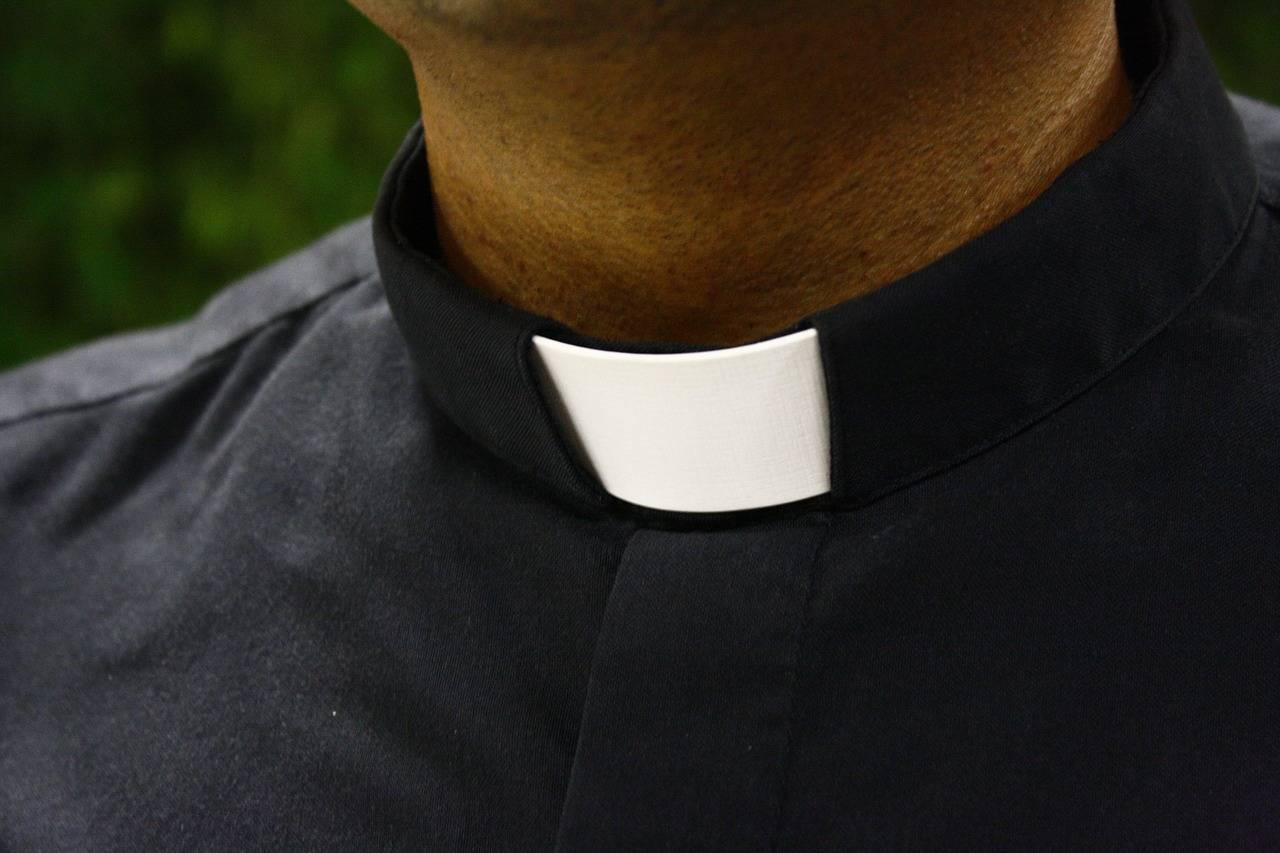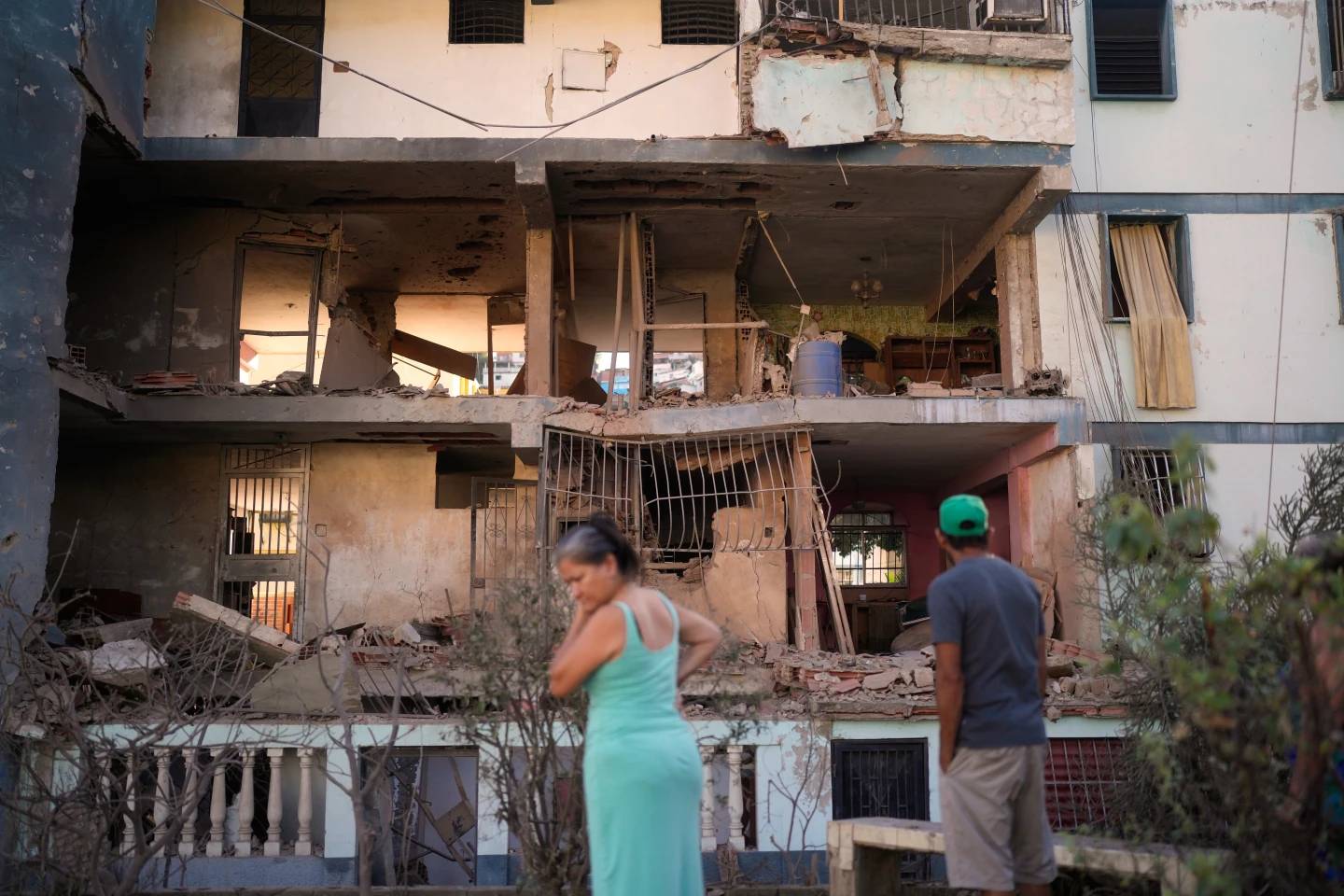SÃO PAULO – After taking part in the occupation of a church during an anti-racist demonstration and being reprimanded by the Archdiocese of Curitiba, city council member Renato Freitas is facing trial by his peers and may lose office.
But the church is now taking his side, and even sent a letter to all council members requesting that he not be impeached.
Freitas, a member of the left-wing Workers’ Party, was one of the leaders of a group of Black activists who gathered in front of the Church of the Rosary on Feb. 5 to protest systemic racism in the South American country.
Days before, a Congolese-born immigrant worker named Moïse Kabagambe was brutally beaten up and killed in Rio de Janeiro after he demanded back pay at the beach kiosk where he worked.
A few days later, the killing of another Black man added to the tensions. Durval Teófilo was entering his apartment complex in São Gonçalo when a neighbor supposedly mistook him for a robber and shot him dead. The deaths of the two men sparked demonstrations all over the country.
The Curitiba protest in memory of Kabagambe and Teófilo ended up with demonstrators entering the Church of the Rosary, which was built by slaves in the country, where slavery was legal from 1500-1888.
Protesters entered the church shortly after Mass. In the church, Freitas spoke about the history of racism in Brazil, and accused the church of complicity in racism.
According to the left-wing newspaper Brasil de Fato, one of the churchgoers began to argue with protesters. The video of the incident went viral, and many conservative Catholics criticized what they saw as a desecration of the church.
President Jair Bolsonaro also mentioned the episode on social media. Sharing the video of the occupation, he said that the left wing was “showing its true face of hatred and contempt to the traditions” of the Brazilian people.
“If those criminals do not respect God’s house, a sacred place, and offend the faith of millions of Christians, who will they respect?” he asked.
The Archdiocese of Curitiba released on February 7 a statement criticizing the demonstrators, saying that their leaders incentivized “invasive, disrespectful, and grotesque” behaviors.
Members of the ruling right-wing coalition that supports mayor Rafael Greca were quick to present official complaints against Freitas, accusing him of breach of decorum – something that can lead to his impeachment. On March 21, an official suit was established in the city council against him.
The archdiocese then sent a letter to the city council saying that the “movement against racism is legitimate, based on the Gospel, and will always find the Church’s support.”
“It is possible to notice in the activism of the city council member [Freitas] the desire of justice for the ones who have historically suffered discrimination in our country. It is a noble cause, and it deserves respect,” the document read.
The letter said that “it is not possible to deny that the event included certain excesses, like the disrespect to a sacred place.”
“The city council member sought the religious authorities, acknowledged that he was wrong, and apologized,” it continued.
The archdiocese said that it is “favorable to a disciplinary measure which is proportional to the incident.”
“Moreover, it suggests that political motivations be avoided, and that the maximum punishment established by the Code of Parliamentary Ethics and Decorum of Curitiba’s city council be not adopted,” the letter concluded.
According to Freitas, the Church of the Rosary is a traditional place of encounter of Black people in Curitiba, where numerous ceremonies – Catholic and non-Catholic, but always connected to the African history in Brazil – have been organized over the years.
“It is a place of great political and spiritual significance for me as a Christian and for all Black people in our city,” Freitas told Crux.
He said that the meeting with Archbishop José Antônio Peruzzo some days after the incident was “fraternal” and that he apologized to everyone who might have been offended by the protest.
“We went there to tell him that we acknowledged his religious authority and that we did not have the intention to depart from the church. We wanted to reconcile, and that is what we did,” he added.
According to Freitas, the archdiocese’s letter extinguished any valid reason for his impeachment trial.
“The charge was connected to the alleged offense to the church. But now, if the church states that it is not offended, the charge is senseless,” he said.
In the opinion of Father David Santos, a longtime Black activist in Brazil and founder of Educafro, an NGO that promotes the education of Black youth, the Archdiocese of Curitiba had been initially a “victim of wrong information and acted according to the wrong information it had received.”
“The beautiful thing is that the archdiocese sought to understand what really happened and heard people connected to Educafro. The misunderstanding was resolved and now we hope to see justice flourishing,” he told Crux.
Santos, who was one of the witnesses called by Freitas during the hearing phase of his trial, said that justice cannot be achieved while systemic racism continues victimizing people like Kabagambe and Freitas himself.
“Systemic racism is exactly what is happening in the city council of Curitiba with this young Black man,” he said.
Freitas agrees. He claimed that the suit is totally political and involves systemic racism. “There have been cases of corruption, racism, and harassment involving city council members and none of them has been impeached,” he said.
Freitas also said that the group who is charging him wanted to “silence the demonstrators’ voices against racism and racist killings.”
According to Cristina Silveira de Oliveira, who heads the Afro Brazilian Pastoral ministry in Curitiba and Paraná State, many poor and Black people voted for Freitas, and they are a constituency that needs to be represented on the city council.
“We serve the people who are put aside. That is why we fear the consequences if he loses office. And that is why we celebrated the archdiocese’s manifestation in that letter,” she told Crux.
Freitas noted that the systemic violence against Black people in Brazil continues, including in Curitiba.
“In the protest on February 5, we learned about the case of a young immigrant from Guinea-Bissau who was shot two times before Christmas last year, in downtown Curitiba. He was going to work on his bicycle when someone called him and shot him,” he said.
The young man, named Quintino Correia, had to be hospitalized and underwent surgery.
“In the demonstration he could barely talk. His brother was the one who told us what happened,” Freitas said.
The police have not discovered who the perpetrator was. Freitas said that neo-Nazi groups were supposedly responsible for the attack. Correia died on March 24.
“If everything that is happening to me helps Quintino’s story to be heard by more people, I think it is worth it,” he said.
















